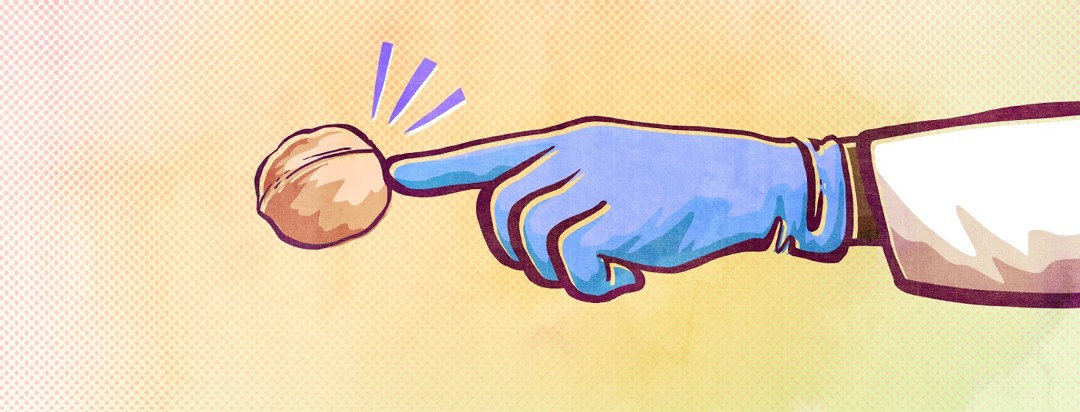The Prostate and the Digital Rectal Exam
Before my cancer diagnosis, I understood that men had prostates, but that was about the extent of my knowledge. The subject never came up in conversations, and I had no curious thoughts about it. I was more interested in the female anatomy.
Learning about the prostate
Since my diagnosis, I have learned the prostate is located directly below the bladder in front of the rectum. The urethra runs from the bladder through the prostate to the end of the penis.
The prostate is about the size of a walnut but typically enlarges as men age. There are two bundles of nerves responsible for erections that run along each side of the prostate. And above all, the prostate assists in urinary control and plays an essential role in the male reproductive system.
The essential role
The prostate's essential role in the male reproductive system is to produce a fluid to nourish and protect sperm. I always thought that semen was just another word for sperm.
But actually, semen contains sperm and other fluids. During ejaculation, sperm from the testicles and fluid from the prostate, among other fluids from other sources, mix in the urethra. And thus, you have semen, ejaculated during orgasm right through the center of the prostate.
I first learned the location of the prostate during one of my annual checkups. My doctor recommended a digital rectal exam or DRE for short. He asked me to hop on the table, lie on my side and bend my knees up towards my chest. After getting into the fetal position, it didn't take me long to figure out what would happen next. And on that note, the doctor proceeded with the exam.
What the digital rectal exam does
The DRE is a procedure that checks the prostate for any anomalies. The doctor will lubricate a gloved finger and insert it into the rectum. The purpose is to feel for lumps, soft or hard spots, or anything unusual. The examination can also identify an enlarged prostate or inflammation. An enlarged prostate might be typical as men age. But inflammation of the prostate might be a sign of an infection that may require treatment.
How the exam feels
The DRE requires no special preparation. However, I recommend telling your doctor if you have hemorrhoids or anal fissures, as the DRE might make them worse.
The procedure is not painful, but a bit uncomfortable. You might feel the need to urinate, and it's not uncommon to get an erection. But don't worry, as the examination only takes a few minutes. I like to use humor to lighten the moment. And the DRE gives a whole new meaning to the term, "the doctor is in."
Not enough to detect prostate cancer
It's important to note that the DRE by itself is not enough to detect prostate cancer. For any concerns, the doctor may recommend further tests. I've had several DRE's over the years, and by different doctors, and they all reported the same thing. My prostate, although enlarged, was smooth and healthy.
But I have since learned that the doctor is unable to exam the entire prostate. The area that the doctor can examine is where most cancers start. However, in some cases like mine, cancer was out of reach of the DRE. Therefore, I initially assumed that my entire prostate was smooth and healthy, not just the part the doctor could examine.
Using the DRE and other tests
Still, the DRE is an important test, as most cancers start in an area within reach of examination. Therefore, I strongly encourage men to include the DRE as part of their annual checkups. And since my cancer was out of reach, it's a good idea to discuss the PSA test with your doctor.
I'm thankful I had regular PSA testing. Without the PSA test that identified rising results, my cancer most likely would have spread before I developed symptoms. Please read my article named The PSA Blood Test Controversy for more details.
Community Poll
Do you feel hopeful in your prostate cancer journey?

Join the conversation